


A simple blood test could reveal which early Alzheimer’s patients are most at risk for rapid decline. Researchers found that people with high insulin resistance—measured by...
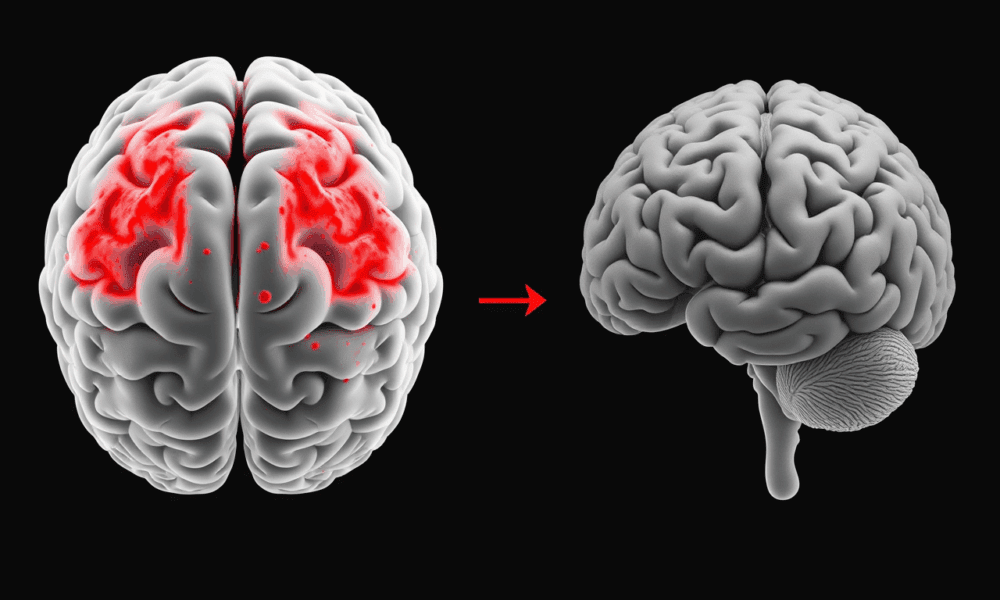
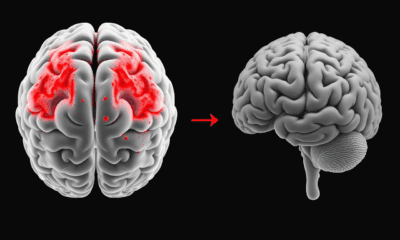

USC researchers have uncovered a hidden driver behind the early and severe onset of Alzheimer's in people with Down syndrome: iron overload in the brain. Their...
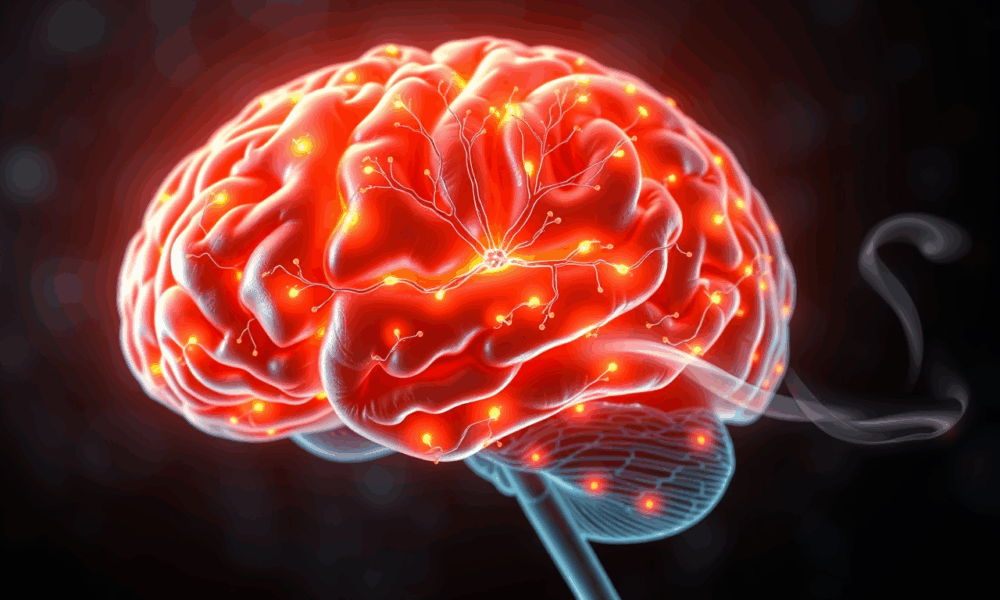
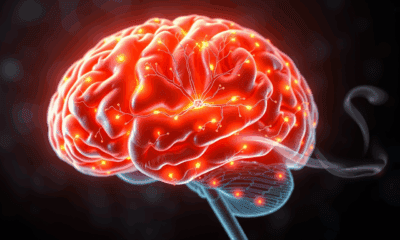

A team of scientists has discovered a direct link between the smell of food and feelings of fullness at least in lean mice. This brain circuit,...
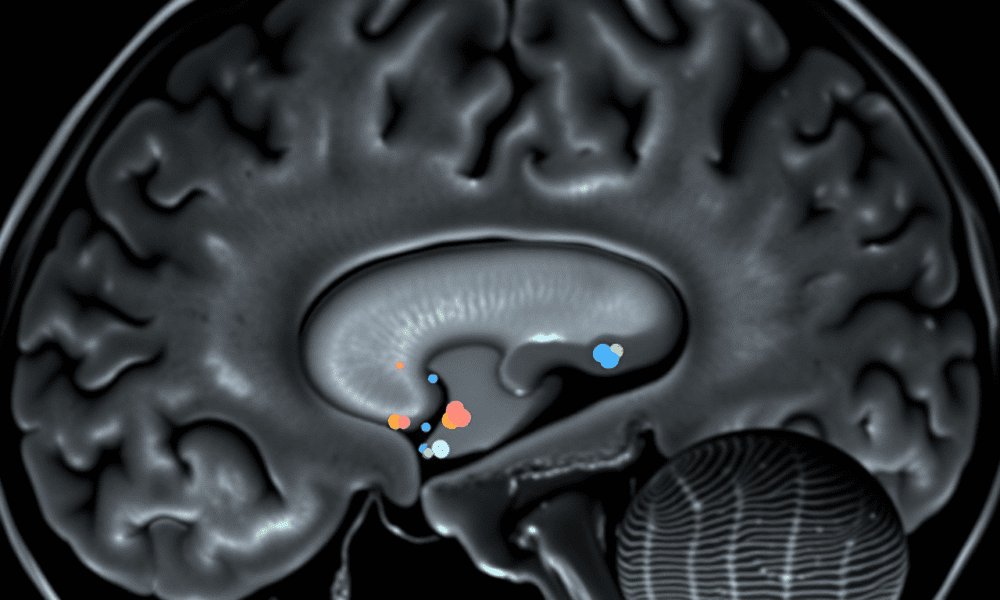
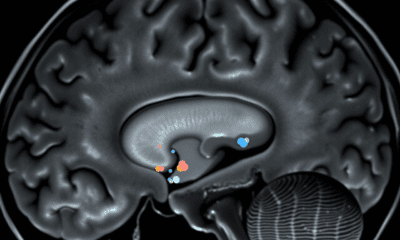

According to a recent study, in patients with frontotemporal dementia (FTD), epileptic seizures are significantly more common than previously known. The discovery deepens understanding of the...



Using a newly devised, three-dimensional model to study the regeneration of nerve tissue in the nose, researchers have discovered that one type of stem cell thought...



A new way of thinking about Alzheimer's disease has yielded a discovery that could be the key to stopping the cognitive decline seen in Alzheimer's and...
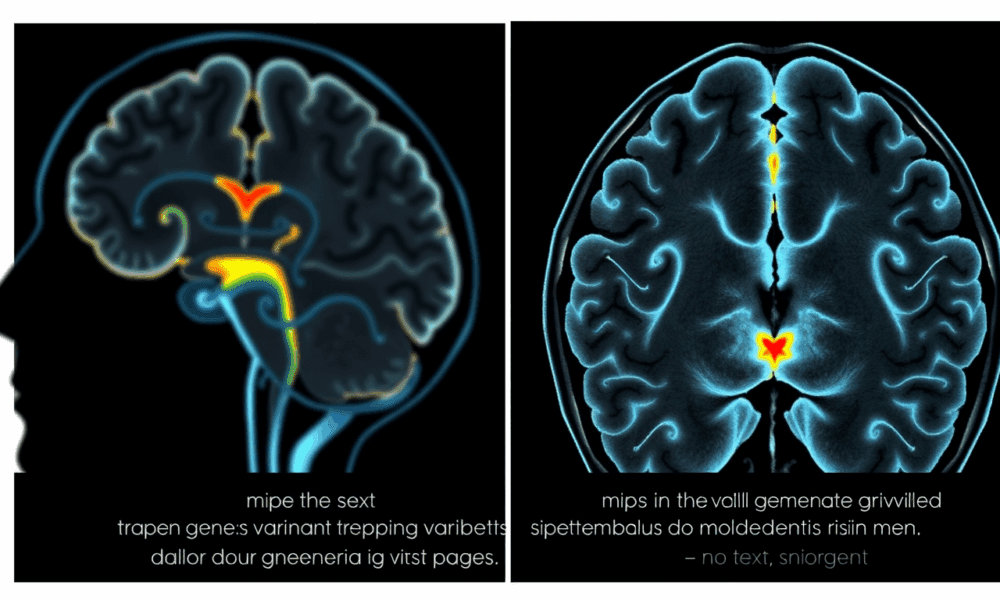
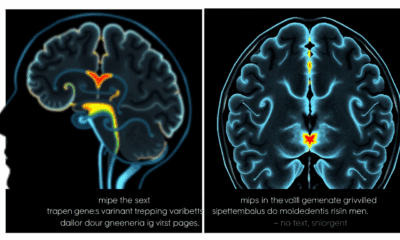

New research has found that men who carry a common genetic variant are twice as likely to develop dementia in their lifetime compared to women.



A newly refined method for measuring the Pace of Aging in population-based studies provides a powerful tool for predicting risks associated with aging, including chronic illness,...
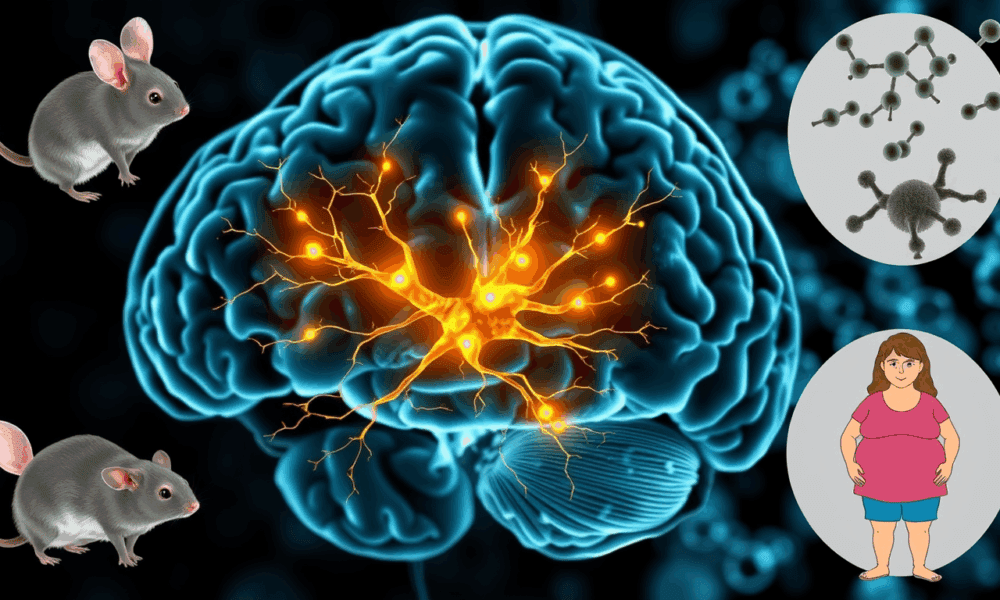
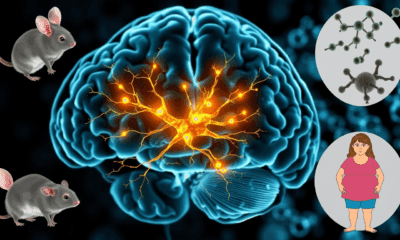

A specific group of nerve cells in the brain stem appears to control how semaglutide affects appetite and weight -- without causing nausea.
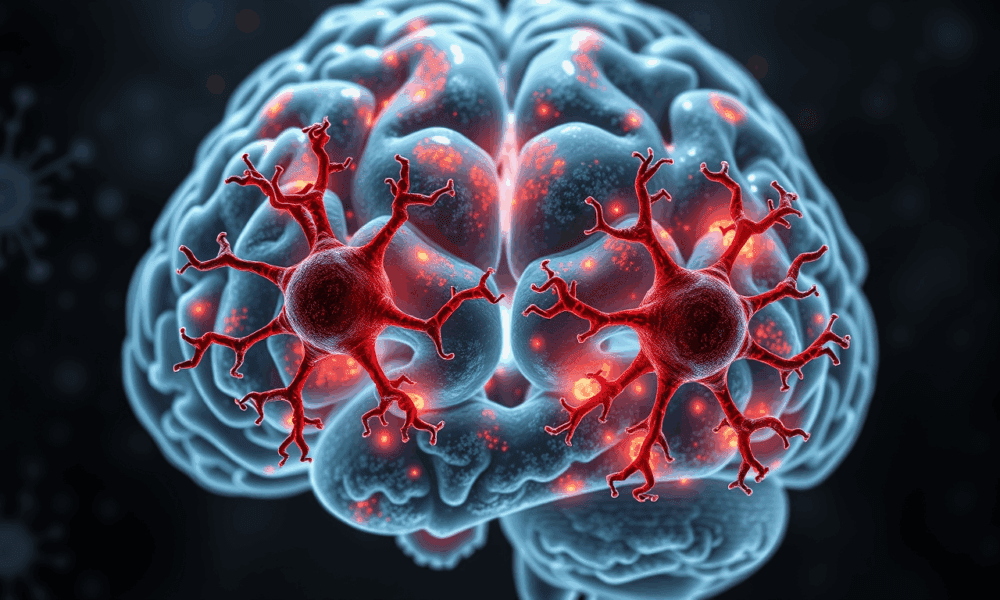
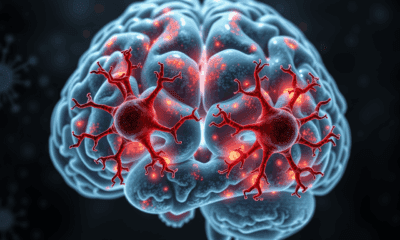

A new study suggests how APOE2 is protective while APOE4 increases disease risk by regulating the brain's immune cells.